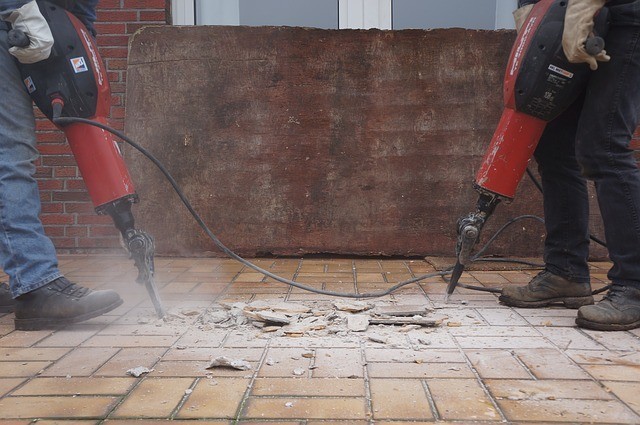Many factors go into the decision regarding impact noise control. First, you need to clarify your own needs and why you need to soundproof the ceiling. Some questions that you need to ask yourself are:
- Do you want to accomplish impact noise reduction from the room above?
- Do you want to reduce impact noise between adjacent rooms?
- Do you want to quieten the whole house or a specific room?
- What degree of impact noise reduction or soundproof ceiling do you need?
- How can it be done once it is clear what you want to accomplish?
More...
Difficulty with impact noise reduction
Impact noise in buildings is much more challenging to control than airborne noise. This is because impact (footsteps, dropping objects, shuffling of chairs, hammering, etc.) imparts much more vibrational energy into the building's structure than airborne sound. The noise then propagates through the structural elements far and wide.
Depending on the degree to which you want to reduce impact noise, one or more, or all of the following steps will be necessary:
- Ensure the floor in the room containing the noise source does not squeak.
- Install a carpet with a thick underpad in the room with the noise source. This is the best method to obtain soundproof ceiling and damping impact noise.
- Install drywall over resilient channels on the ceiling and walls in the room below the noise source.
- Install floating flooring in the room that contains the noise source.
- Build a room within a room in the space that you need to shield from the impact noise.
The first two steps have virtually no effect on reducing the airborne noise transfer. Still, the last three steps will significantly reduce airborne noise transmission in the spaces in question.
Obtaining a soundproof ceiling
Implementation of each of the steps (except perhaps carpet installation) demands specific skills and knowledge that a typical building contractor does not possess. Paradoxically, some contractors think they know how to soundproof, but, as the saying goes, "little knowledge can be dangerous." The Internet is full of soundproofing advice, but some are not credible. Applying even good advice to a specific job site and obtaining the required improvement in sound attenuation requires specialized expertise.
This excellent article provides more information about this topic.
To ensure your soundproofing job is done right, I strongly suggest you consult a competent soundproofing consultant or acoustics consultant during the project's planning stages. This advice is surprisingly affordable, and the cost will be returned by avoiding project issues and re-work.
If you would like a quote from this blog's author, please click on the button below.
I always appreciate your feedback. Please submit your comments using the form below.
